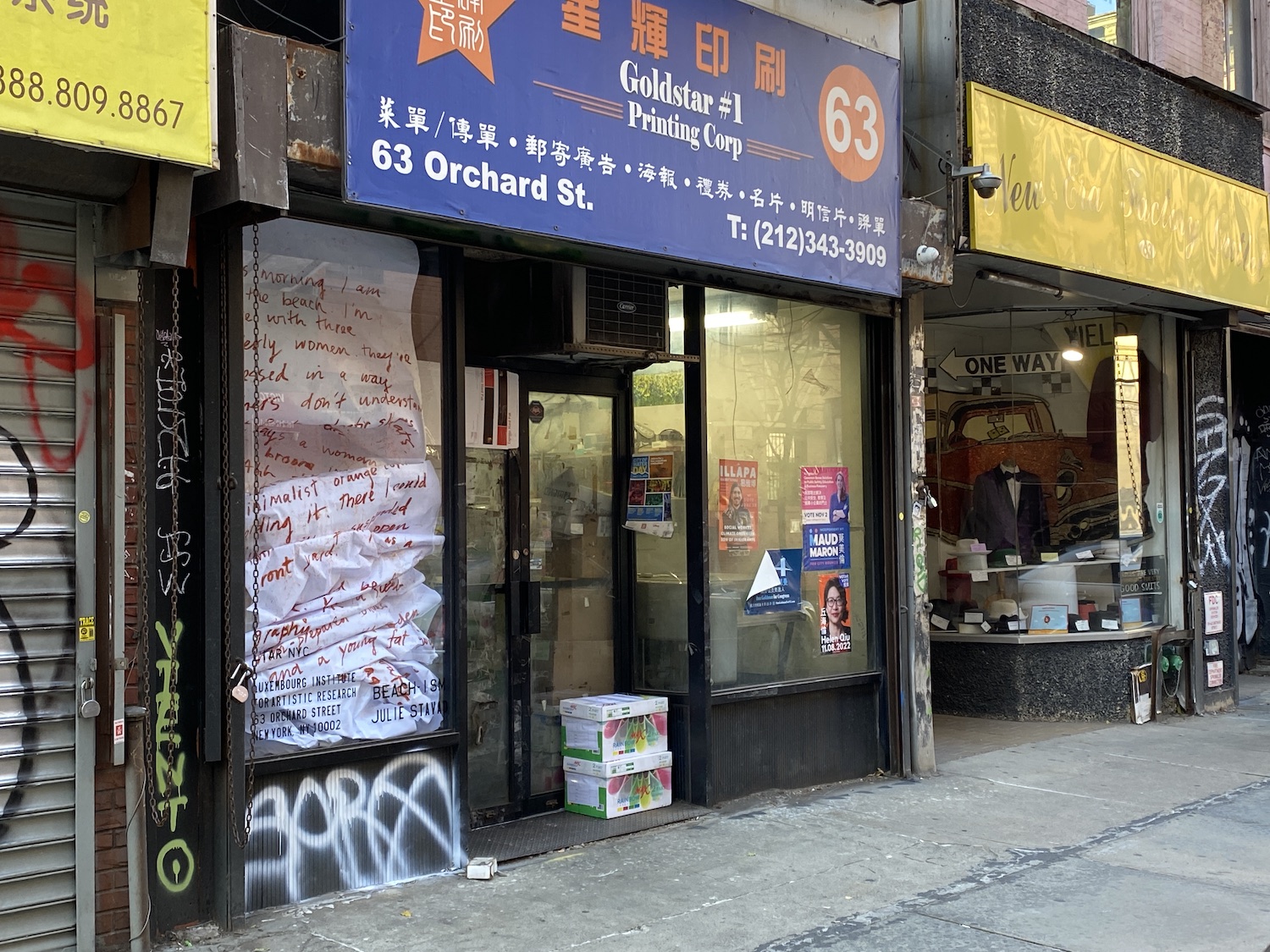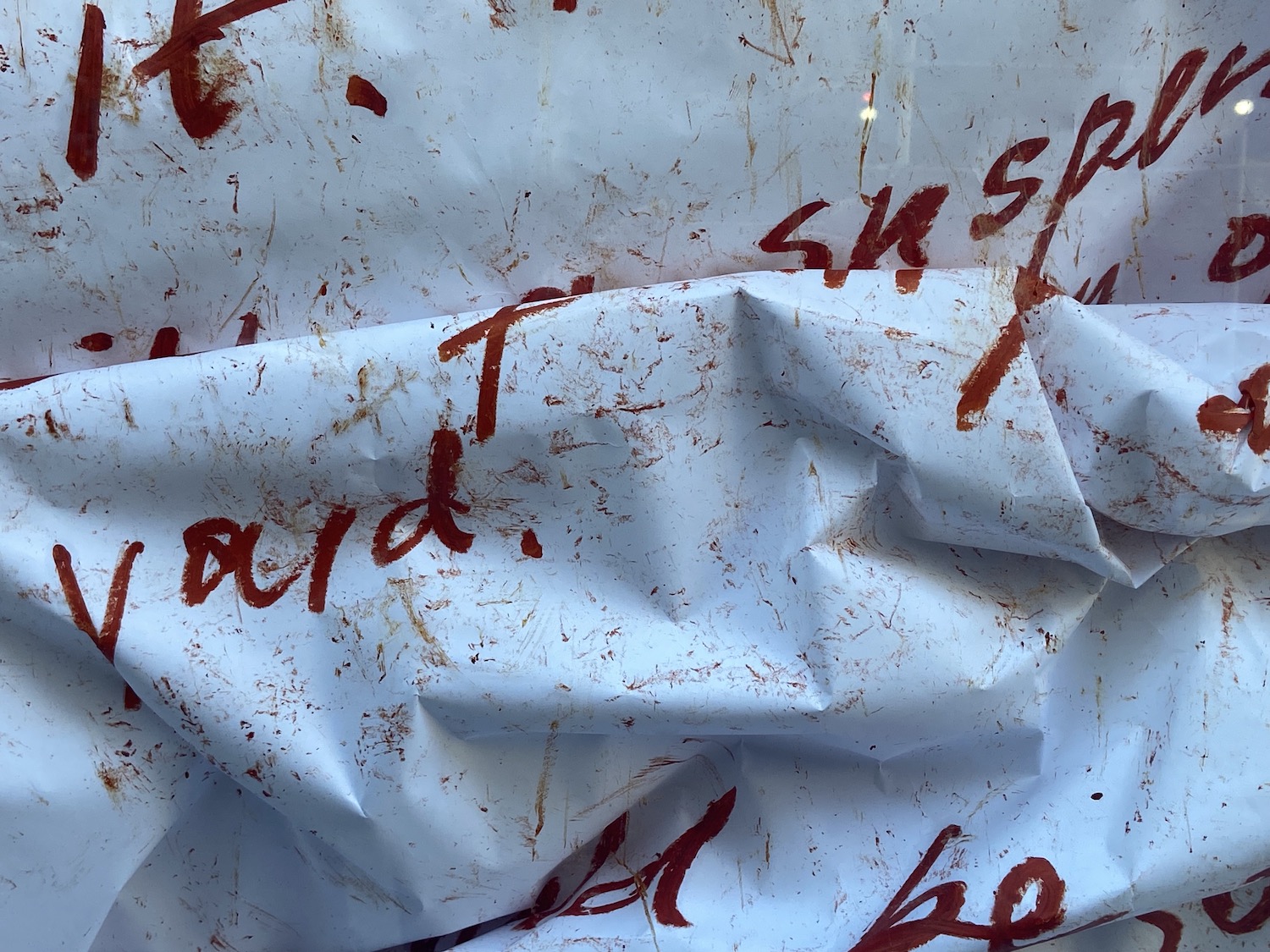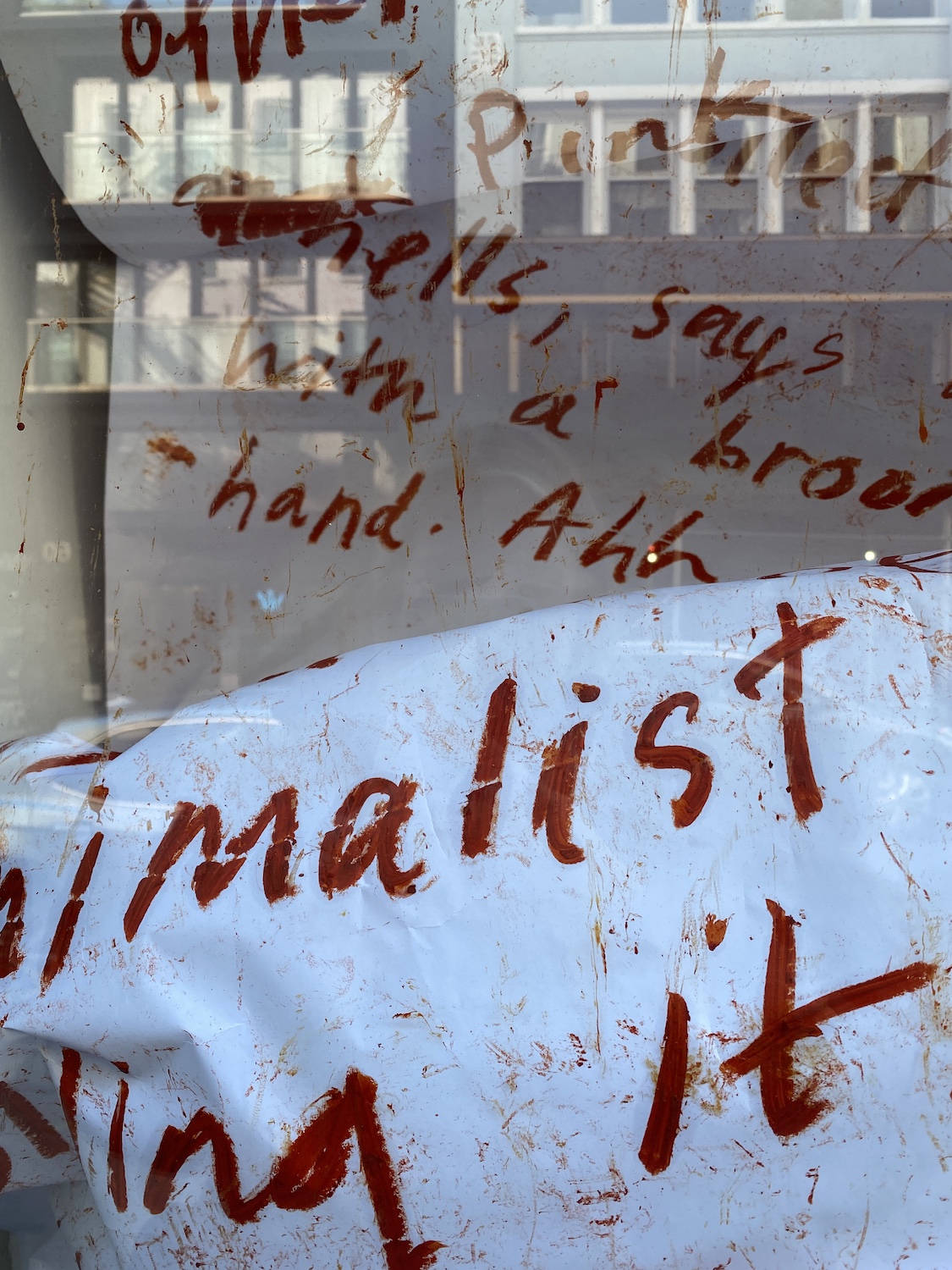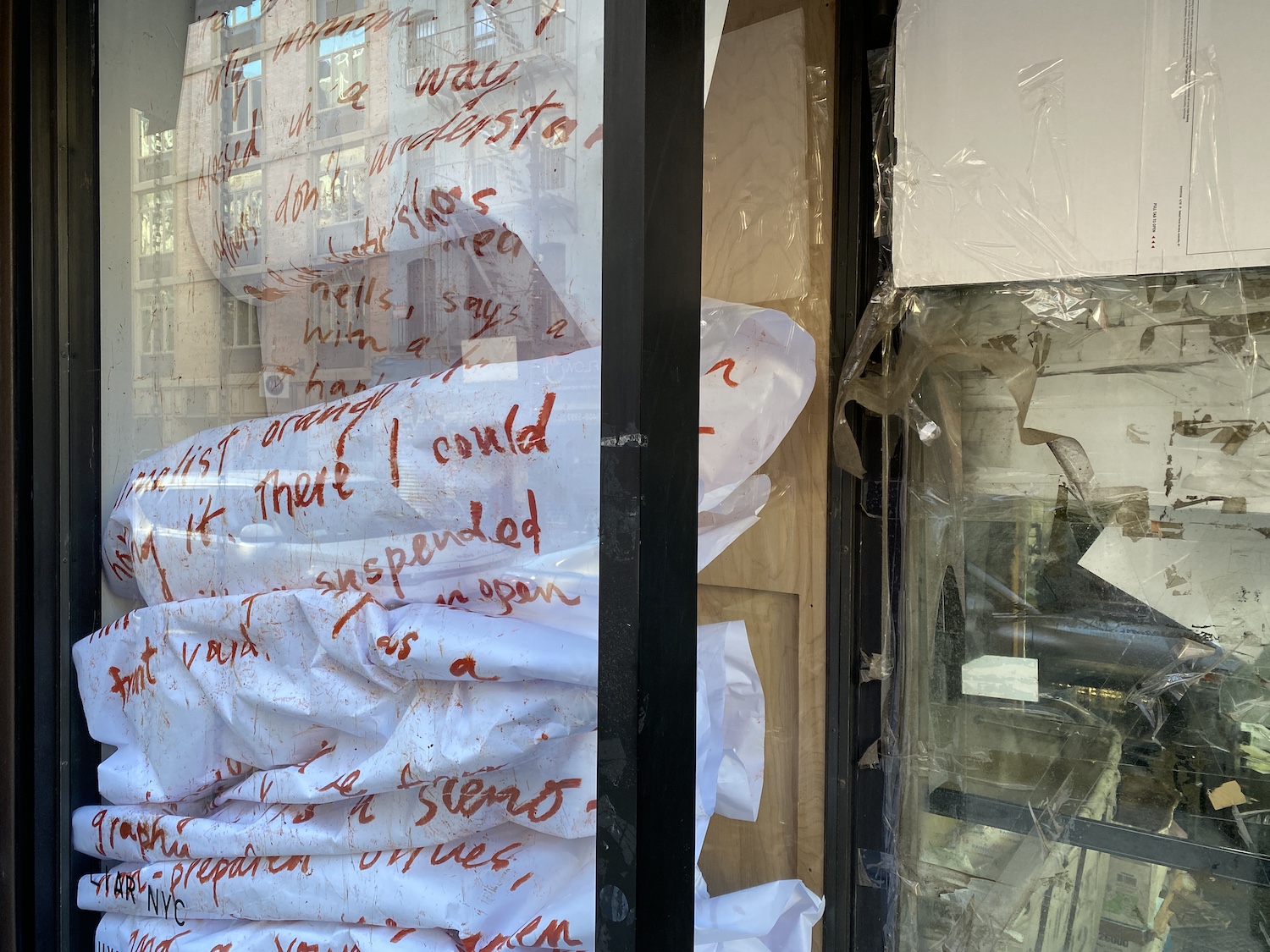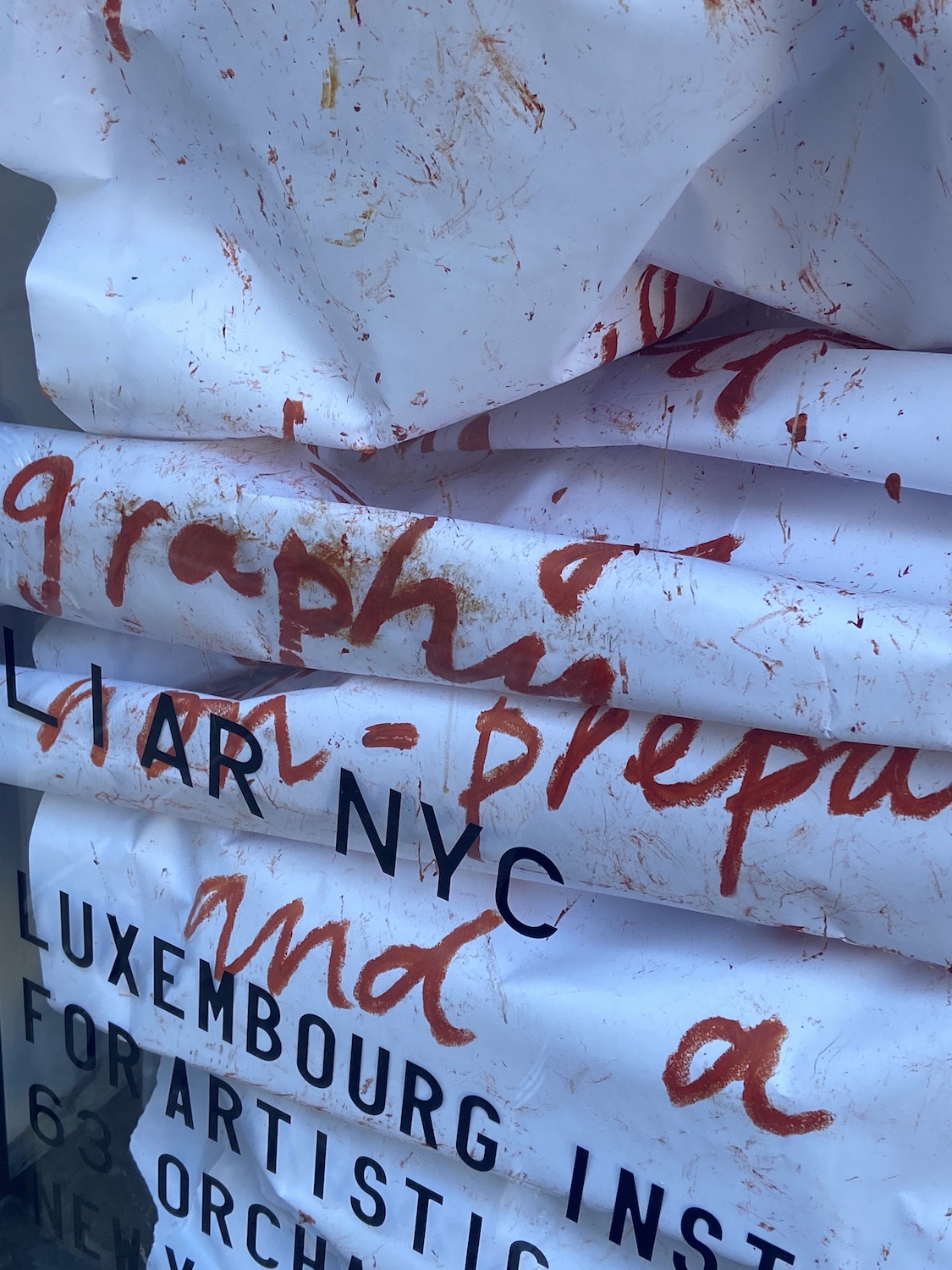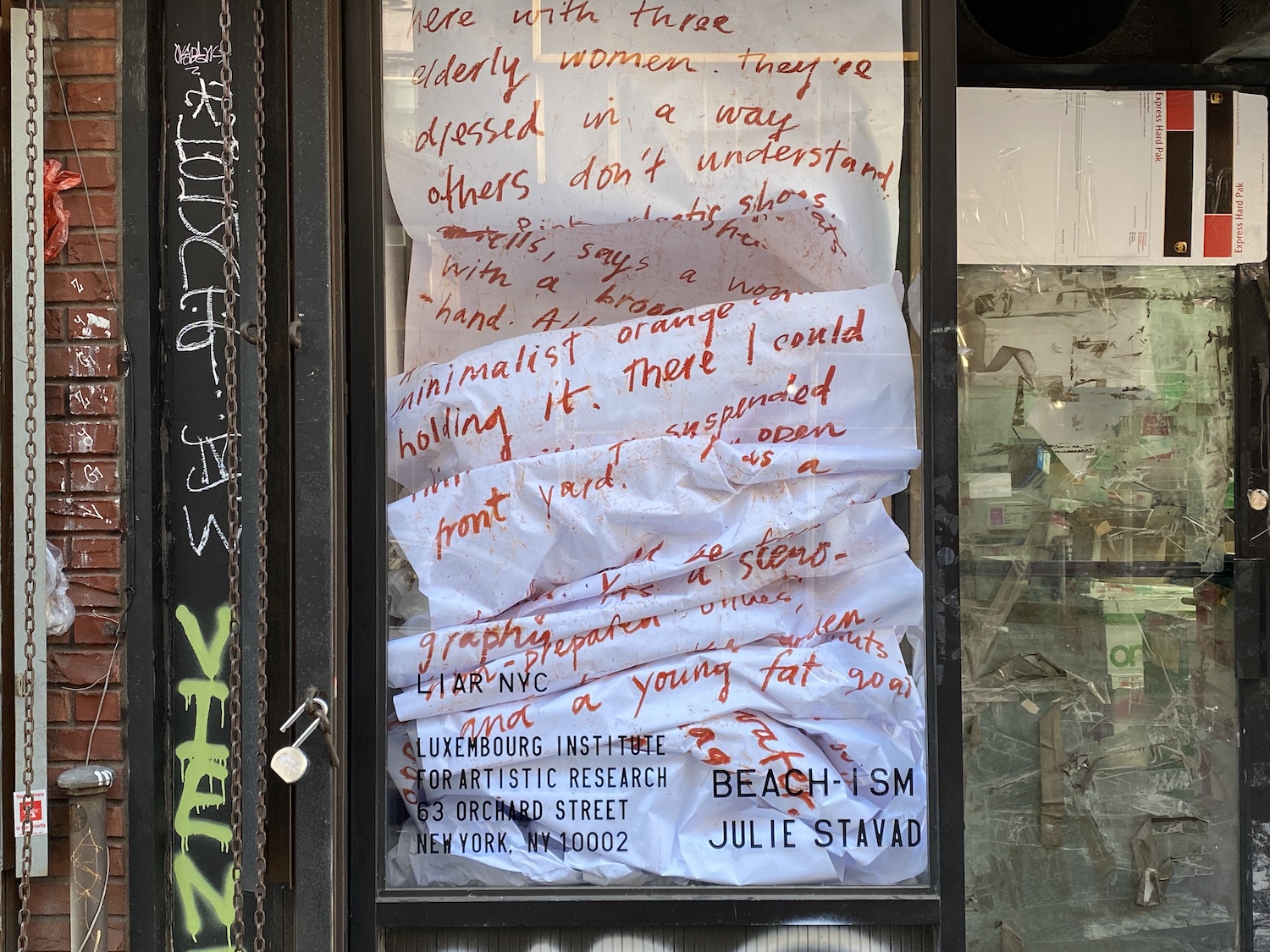BEACH-ISM
2022
November 29, 2022- February 25, 2023
63 ORCHARD STREET
NEW YORK, NY
Julie Stavad’s work is sculptural: embodying dualisms, it is both large and imposing, while also vulnerable and soft. It is forceful yet kind, playing with scale, abstraction, and decontextualization to consider objects anew, against unexpected, or surprising backdrops.
BEACH-ISM, the artist’s first show in New York, features a short story of sorts, handwritten in a vivid red oil pastel on a seemingly endless scroll of brilliant white paper — the hue of white that reflects cool tones when the sun shines bright. In the work, Staved narrates a story that begins with the artist observing three women at a beach. The work is both textual and sculptural as it is shaped, squeezed, and shifted to fit into the window at 63 Orchard Street.
Engulfing the entirety of the exhibition space, fragments of the story are legible as the paper is bent, curled, and crumpled, creating a multi-dimensionality with every fold.
It is morning. I am at the beach. I’m here with three elderly
women. They’re dressed in a way others don’t understand.
Pink plastic shoes, white bonnet-like hats, soft mottled skin,
deep deep backs. They collect shells. Shells, says a woman
with a broomstick in her hand. Ahh shells, I say.
The writing, a sloping cursive, at times smeared across the paper, is of itself a concentrated example of Stavad’s engagement with scale, excess, and abundance. Seeping out from the conjoined letters, a fatty residue stains the paper, remnants of the oil crayon. The text is raised off of the paper, the crayon’s substance dense and thick. From within the window, residual imprints from the text mark the glass, more evidence of the excess and abundance, both in body and thought.
In its detailing, BEACH-ISM suggests a modality for being, an alternative plane for existence: exorbitant in size, the sculptural element of story on paper balances the meandering rumination the narrative presents. Evoking imagery from her vantage point along the shore, Stavad’s story ventures into existential possibilities, ranging from where she should live, and how she might imagine a dwelling, to the richness of foods she dreams of, the sustenance for a good life.
I want to live ascetically and of too much. Eat dry beans,
non-prepared olives, twigs from the garden, maybe green
lemons. But I also want shellfish, fish with silver skins and
very large bones. Liquid oils. Plums and melons, things with
juice inside them. The cream from almonds, coconuts, and a
young fat goat.
Conceptually, a beach represents limitlessness and liberation: no beginning, and no end. An expansive space of water and sand, fixed elements from the earth, owned by no one. We project and imprint onto it what we desire: retirement at the beach, a vacation by the beach, a wedding on the beach; a nude beach, a queer beach, a beach not for swimming but wildlife preservation; a midnight rave at the beach, a beachside barbecue, a utopian beach in Thailand with Leonardo DiCaprio and All Saints on repeat.
Stavad plays with these ideations, her own stream of consciousness projecting visions for divine communion as she closes the text, revisiting the group of women she observes at the start.
More women have arrived now. They swim without getting
their heads underwater. Heads float around with khaki caps
on. They’re talking in a soft flow. Nodding to each other,
appreciatively. They float, joined in the water, in a circle.
Imagine if all the women on the island only make love to each
other and the men exist to keep restaurants open.
Stavad’s work unapologetically inhabits space, the angles, lines, and words she creates imposing themselves into rooms and windows as if to say without hesitation: please move, I need to get through. BEACH-ISM, enfolded and crushed into the vitrine at the Luxembourg Institute for Artistic Research, does just this, fragmenting her story, offering its narration to the viewer in digestible bits as food for abundant consideration.
—
Text and curating by Casey Detrow.
Paper and oil stick
Photo: Tine Adler, Julie Stavad
Works
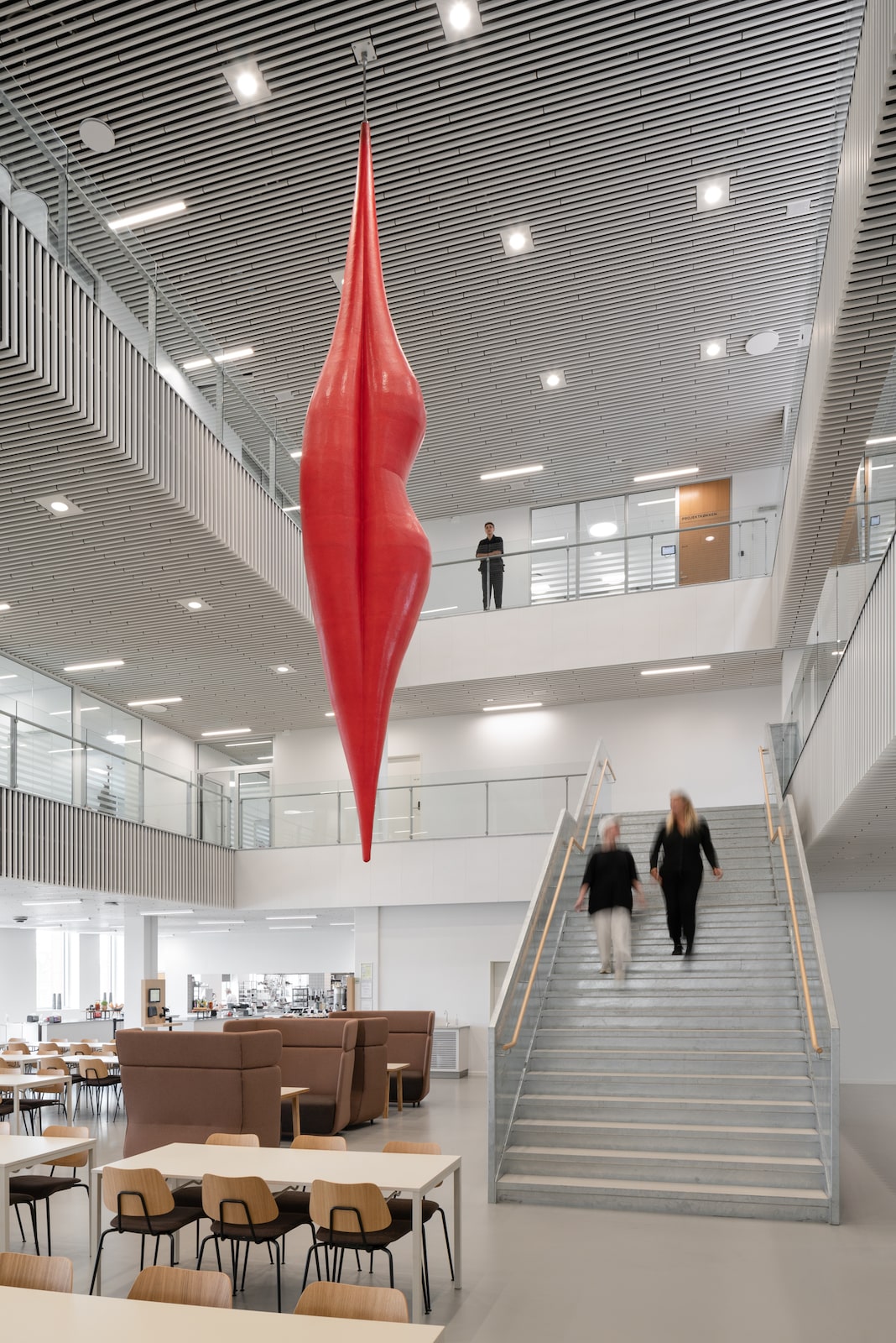
Hule læberProject type

Pow Pow PowProject type
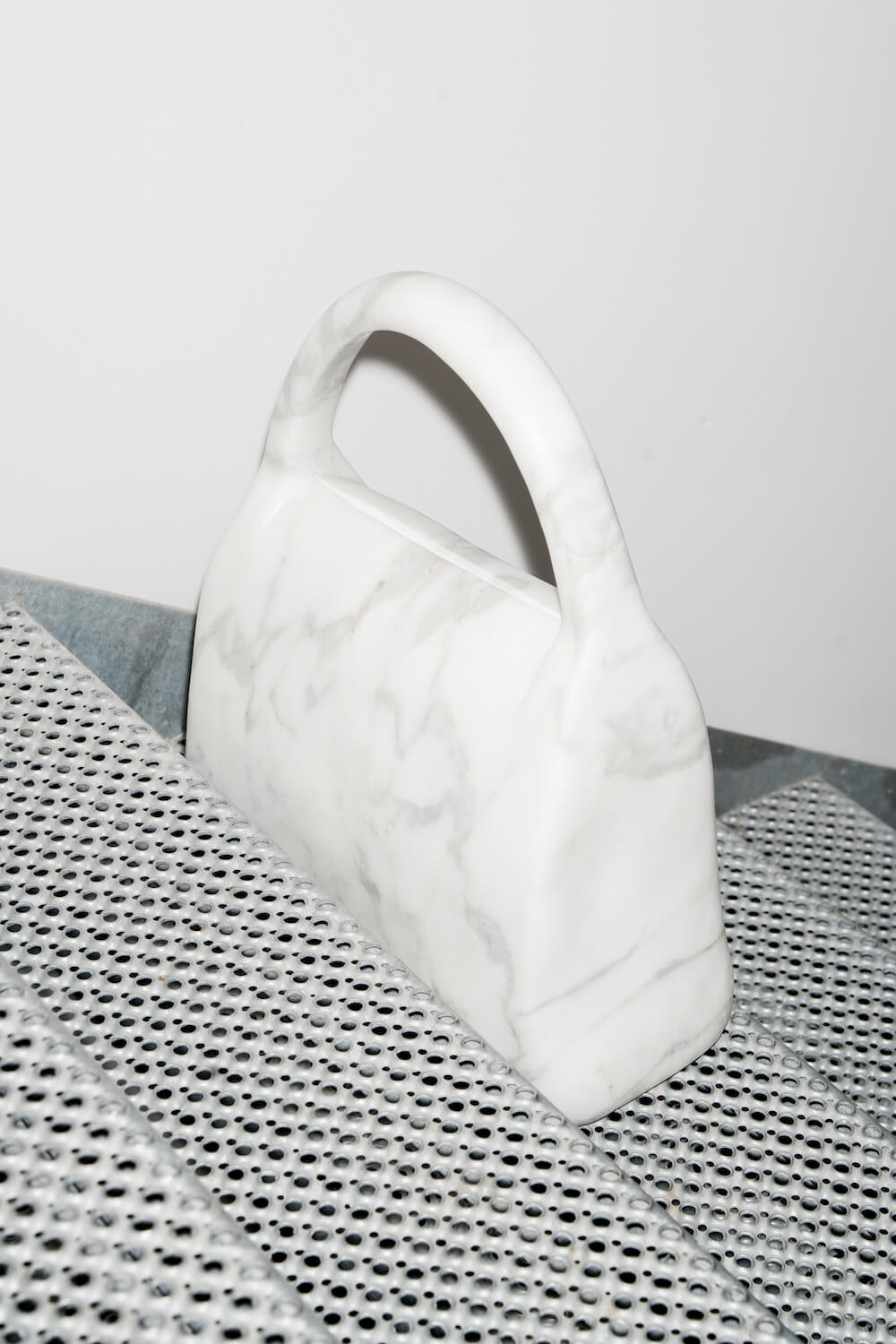
I too creep along the groundProject type
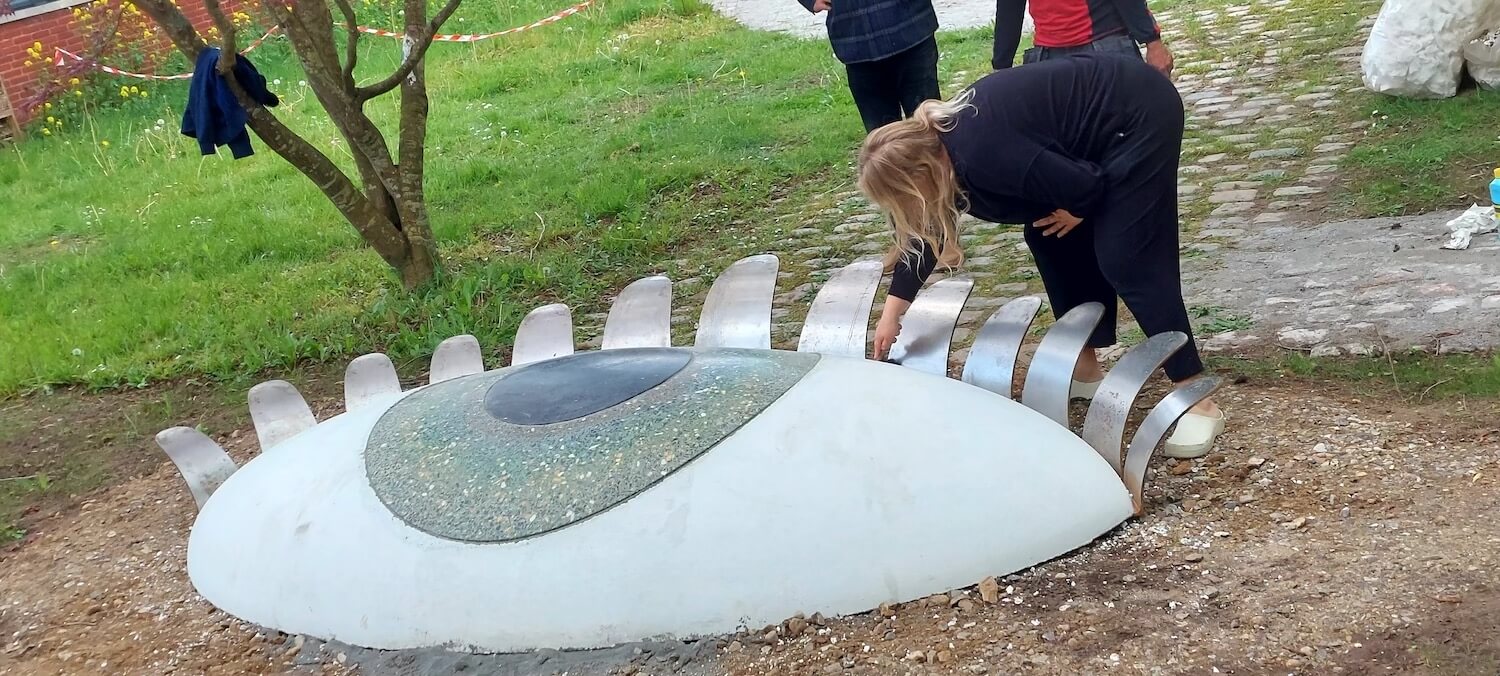
Jordens øjeProject type

PinProject type

Work-life balanceProject type
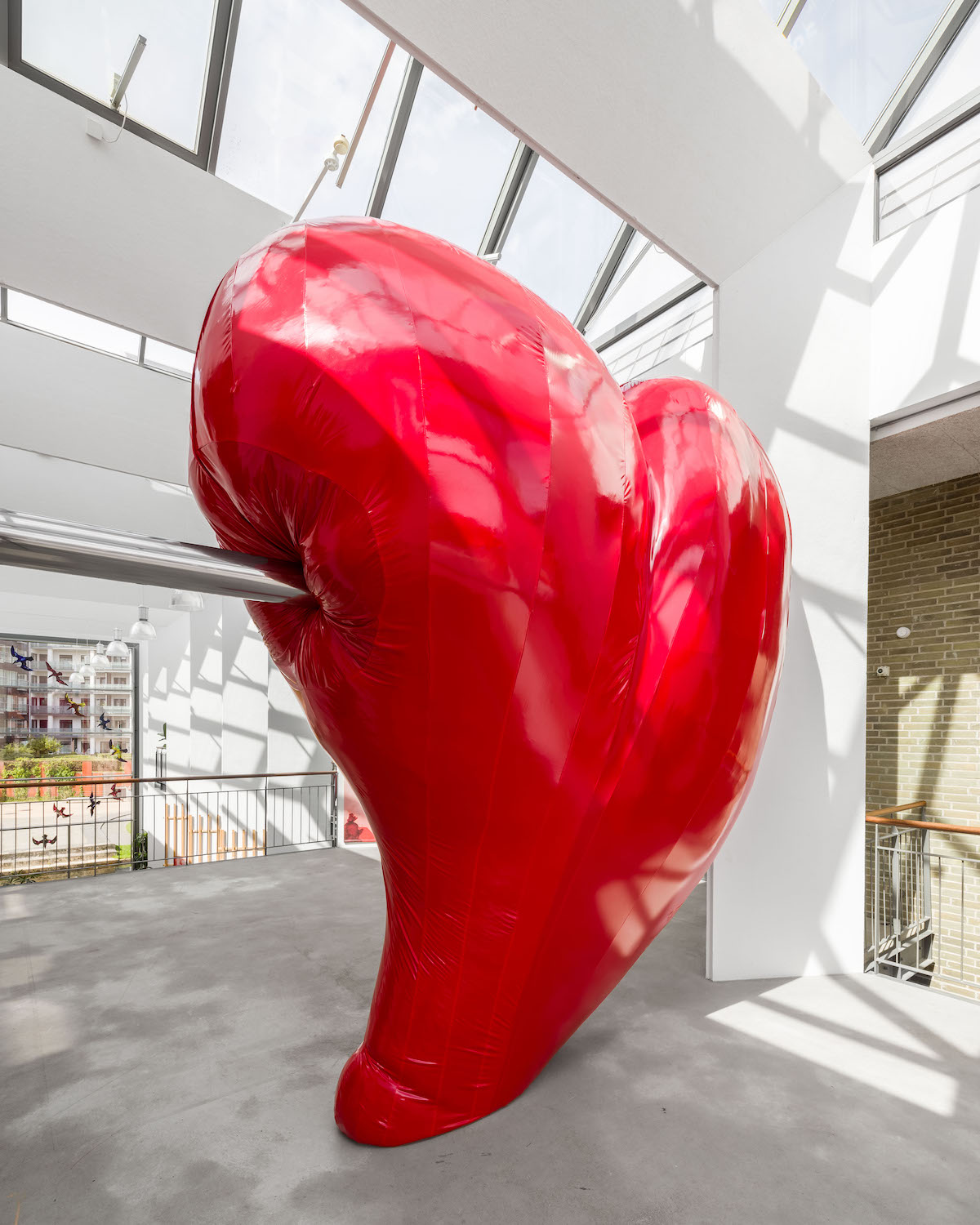
Det pressede hjerteProject type
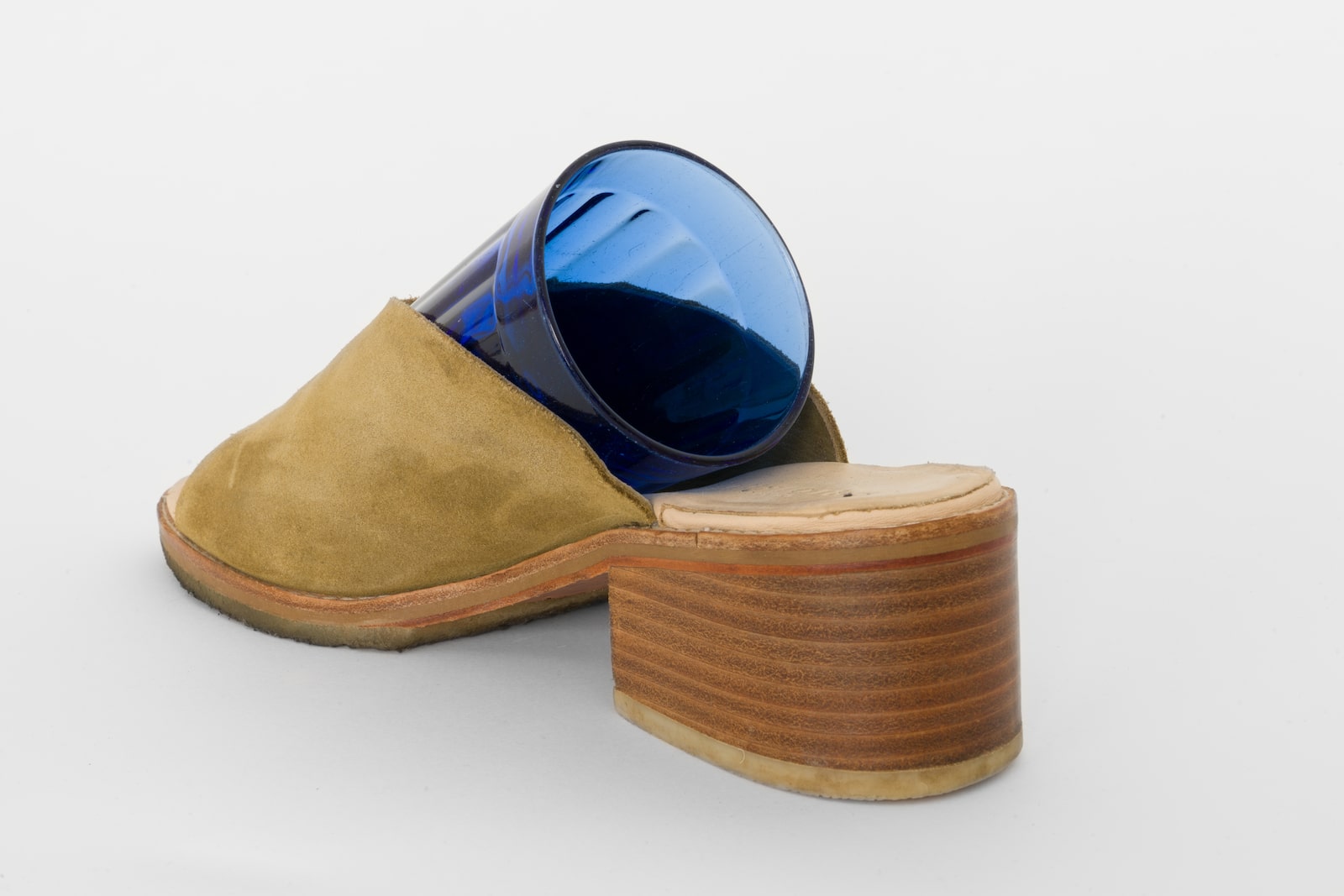
Soles and bruisesProject type
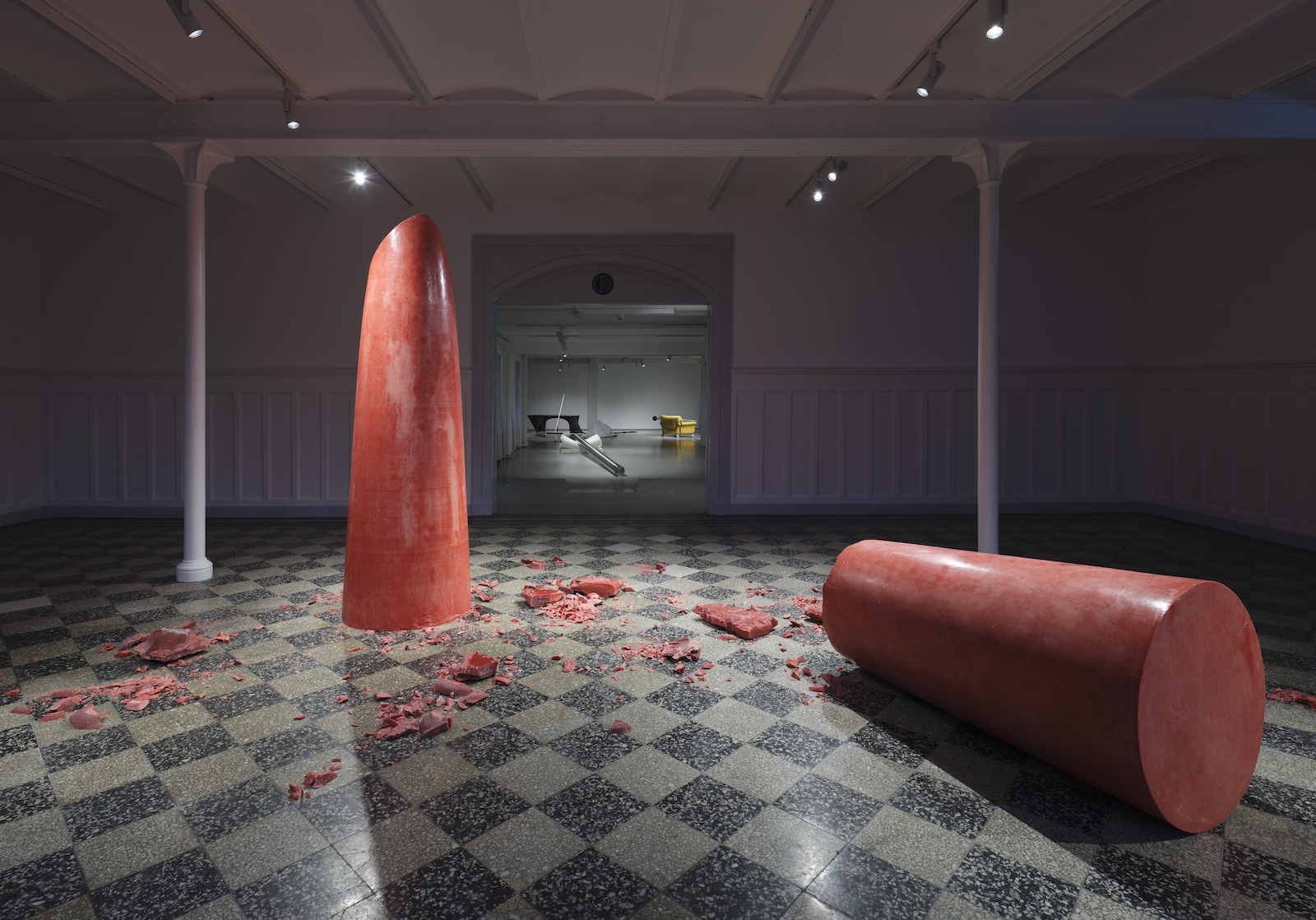
I am here for pleasure but it is no funProject type

HolsterProject type
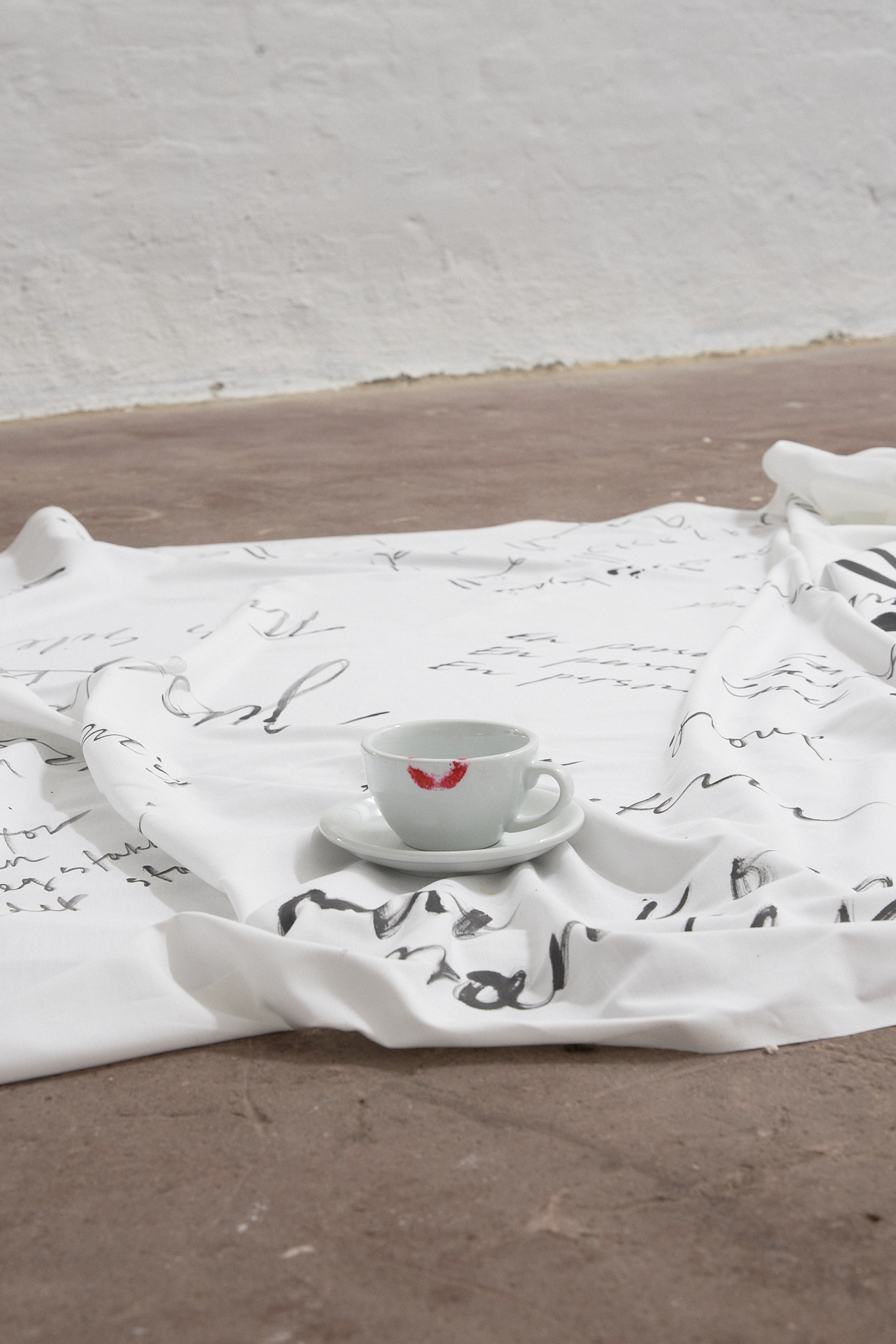
The King and the JinnProject type
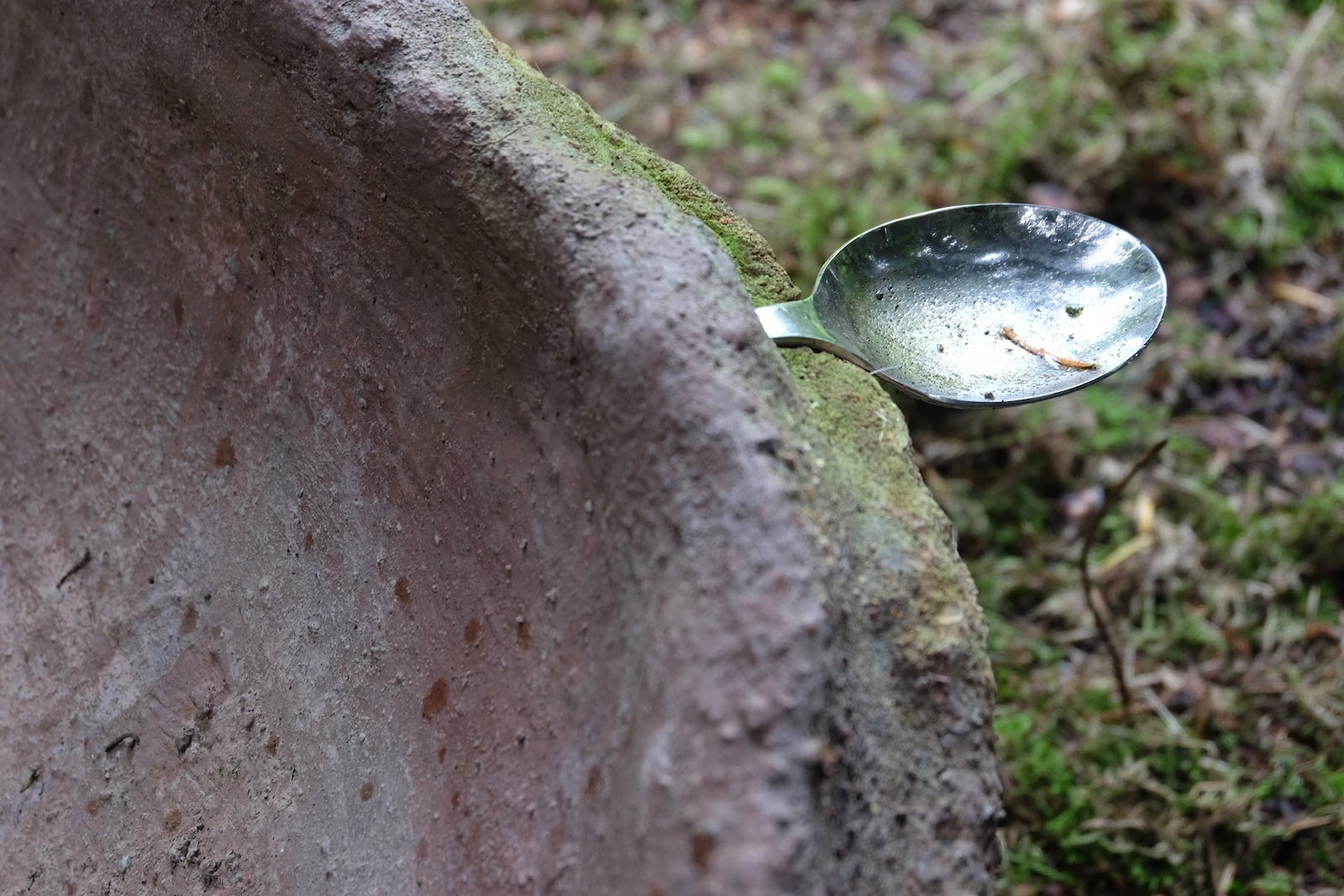
Cup HolderProject type

Blå ørerProject type
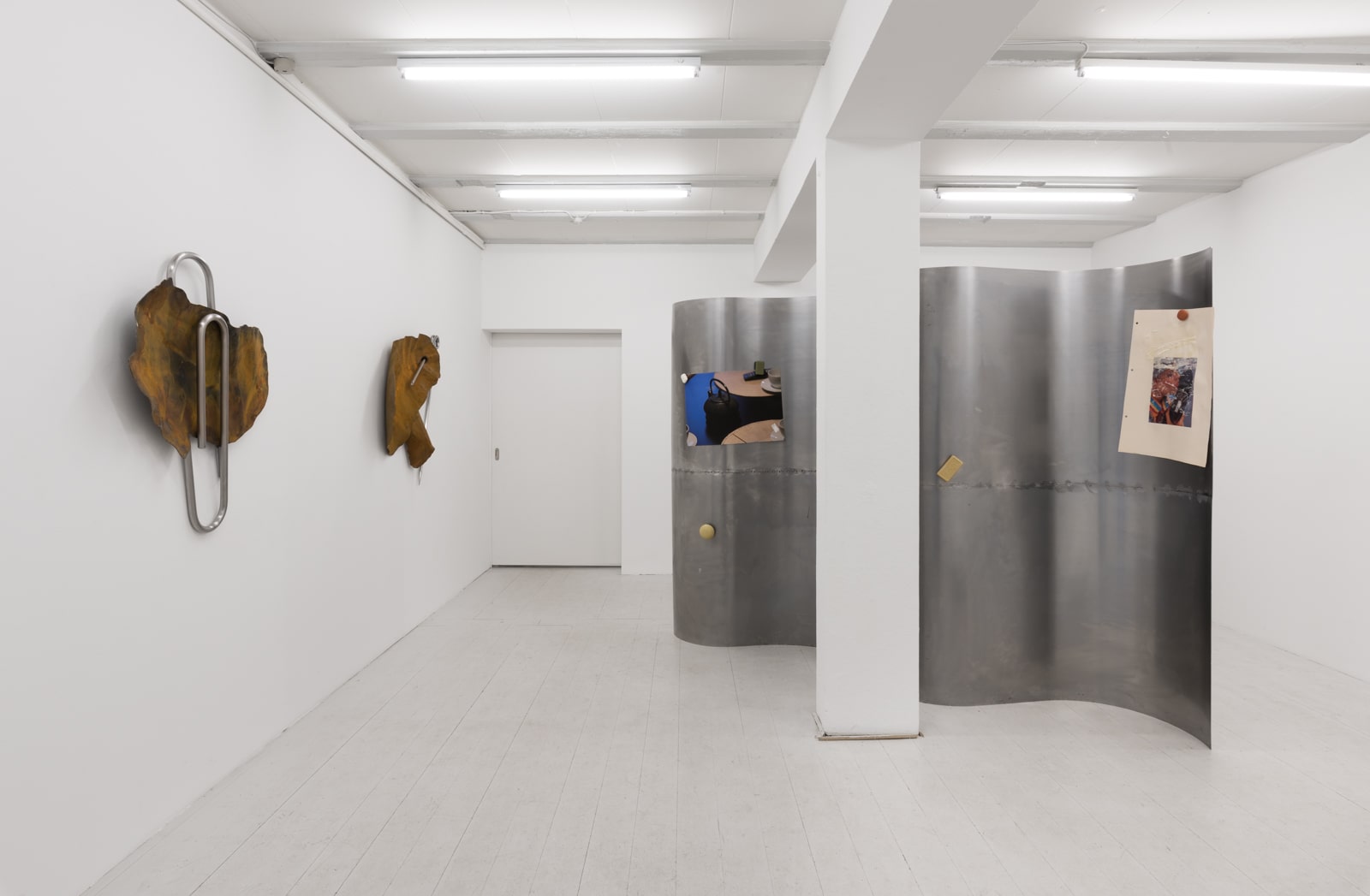
The Mobile SleeveProject type
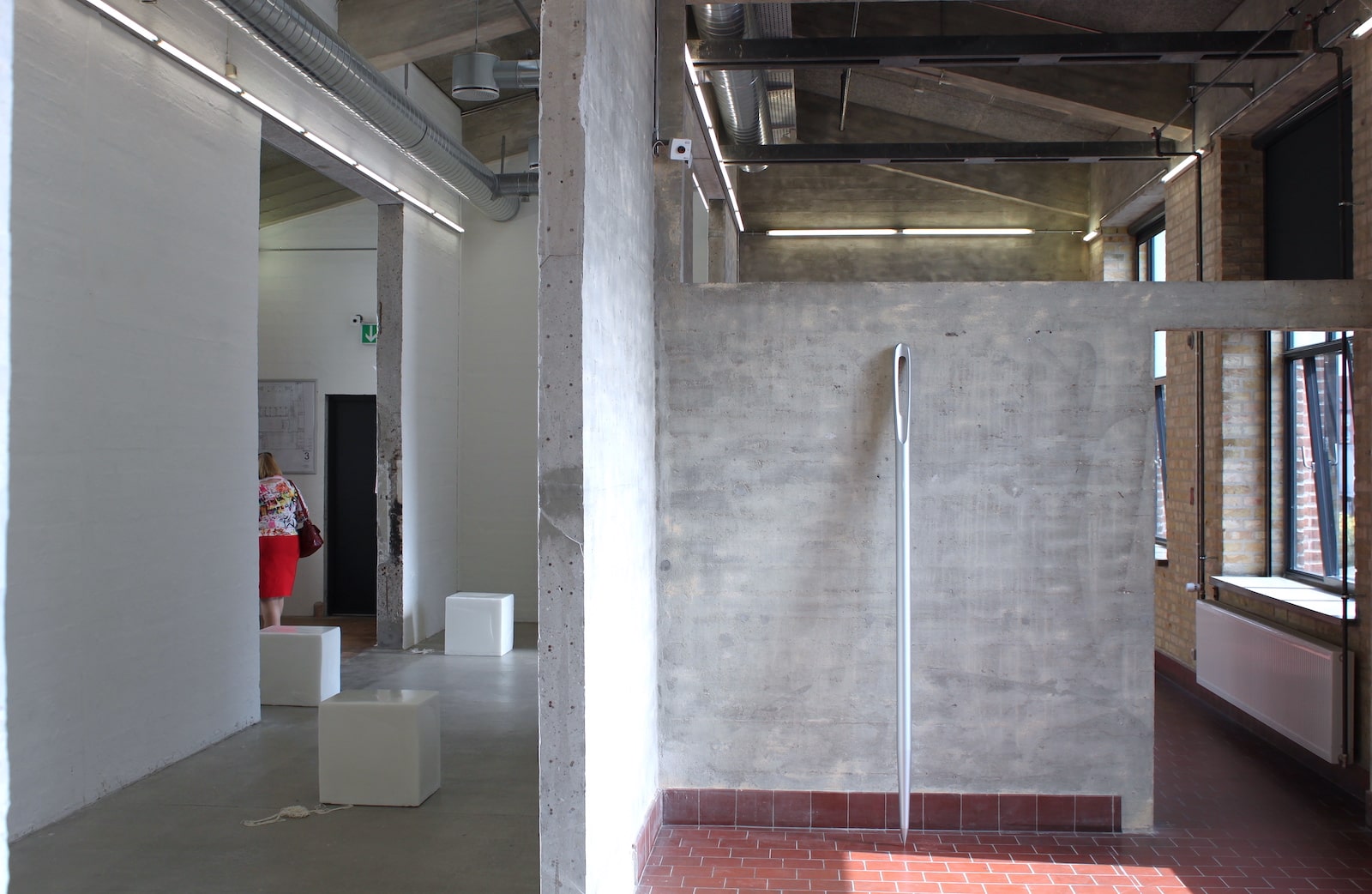
Taburetten er røgetProject type

Sliding Doors (2)Project type
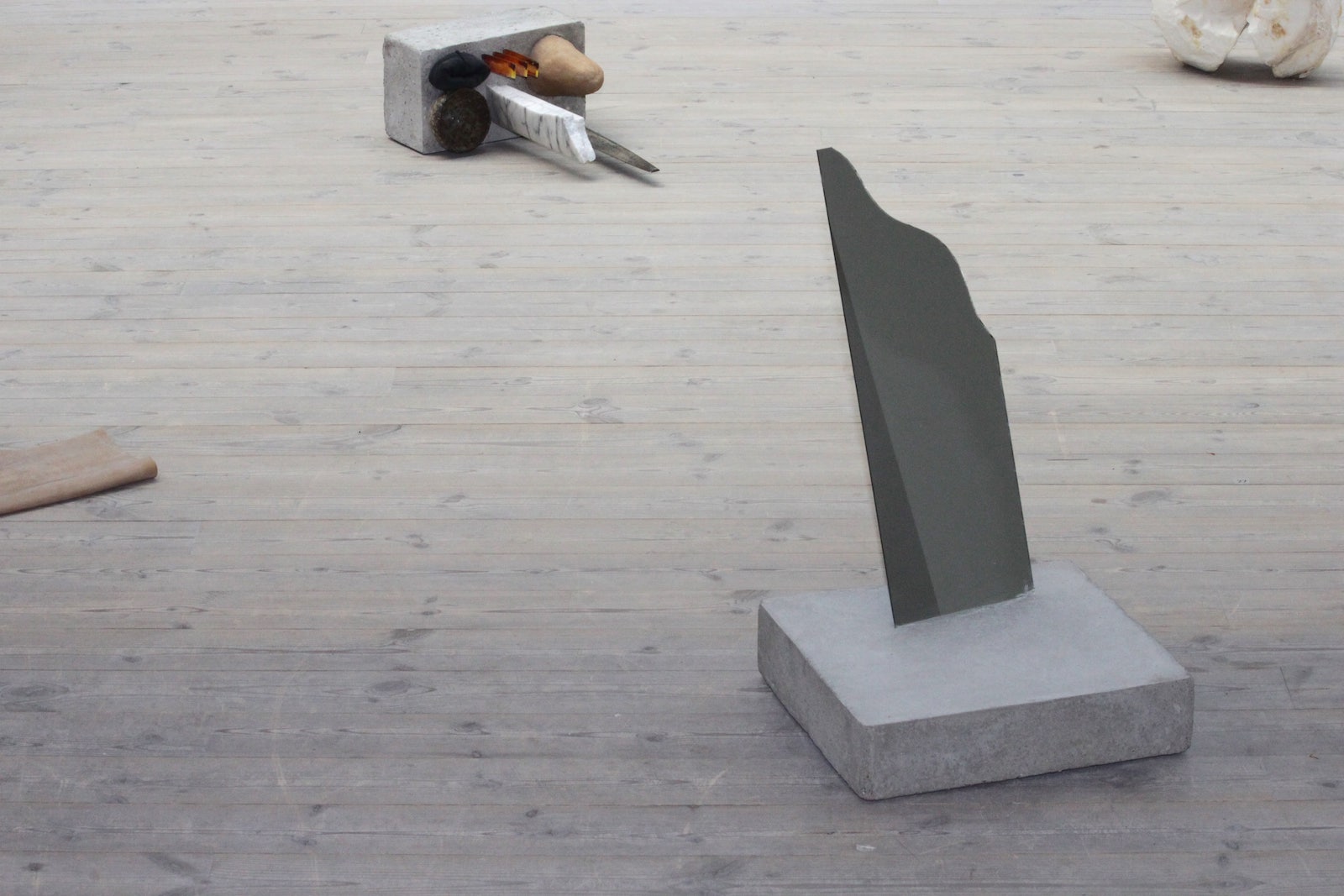
Silence does SiblingsProject type

The needle that broke your backProject type
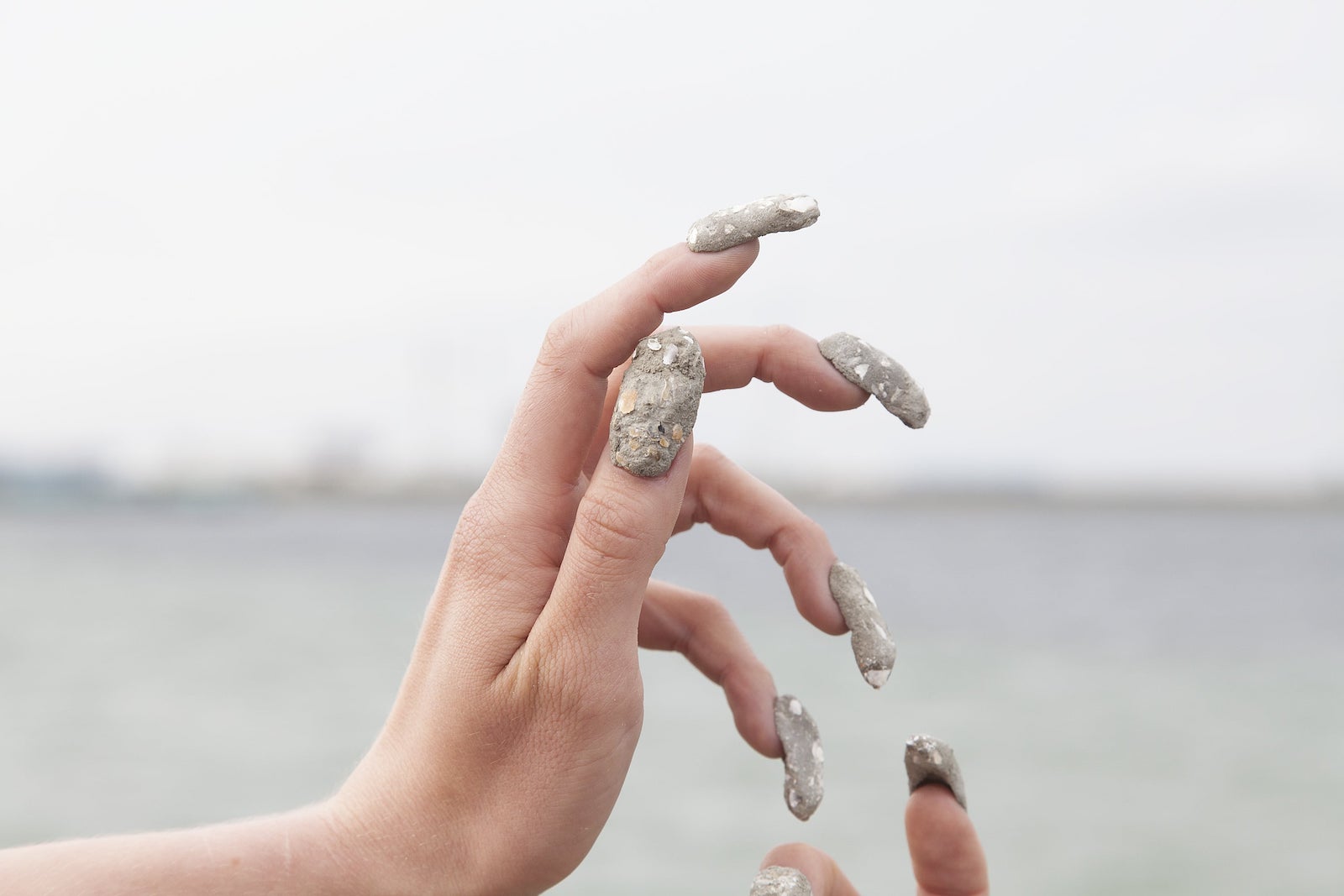
Shooting Spikes To Repel FoesProject type
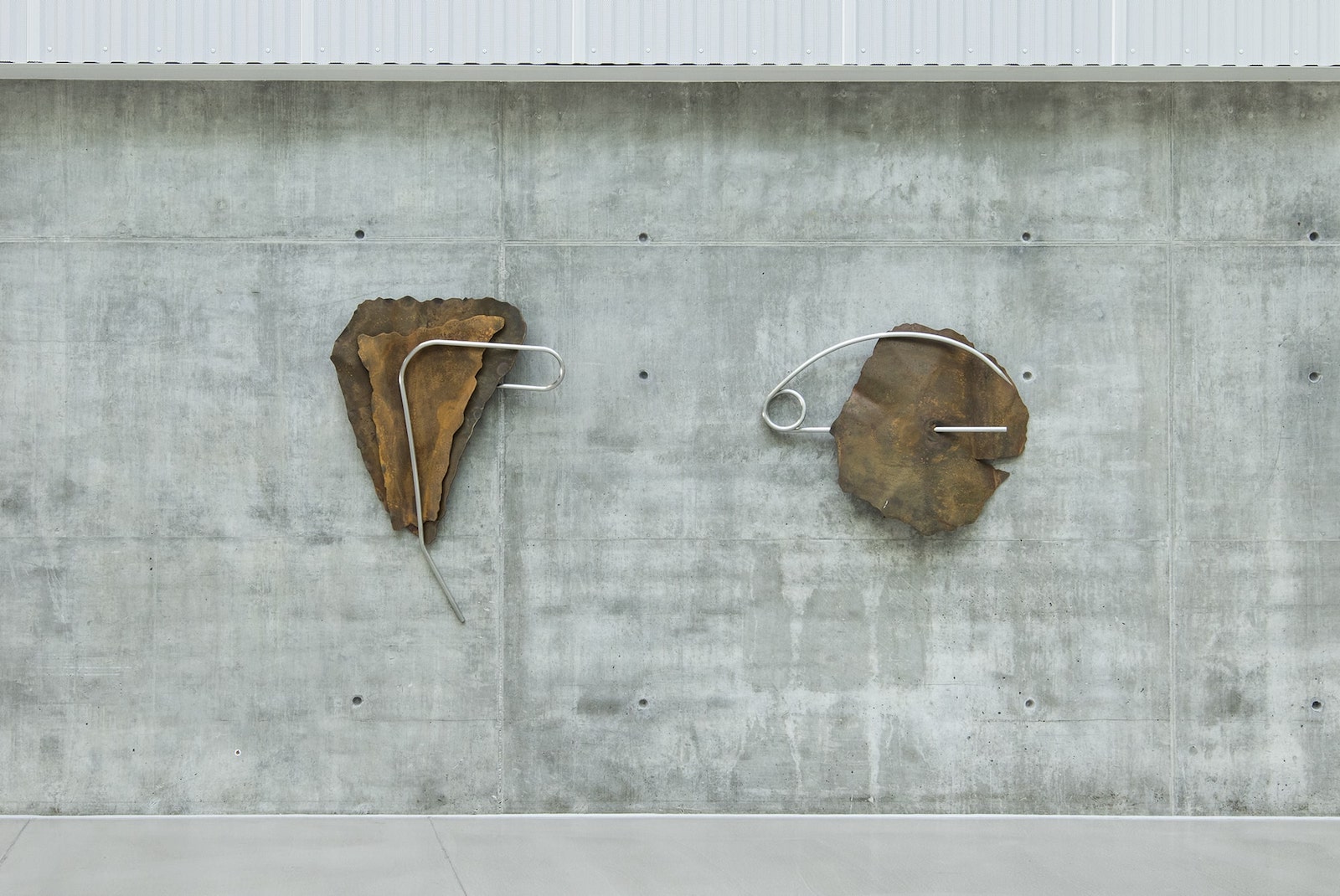
Nye brocherProject type

More SoleProject type

Cone ThinkerProject type

Candy Wrap Modern CutProject type

Jeg hænger lige min taske herProject type

Metal heartProject type

IrritantsProject type
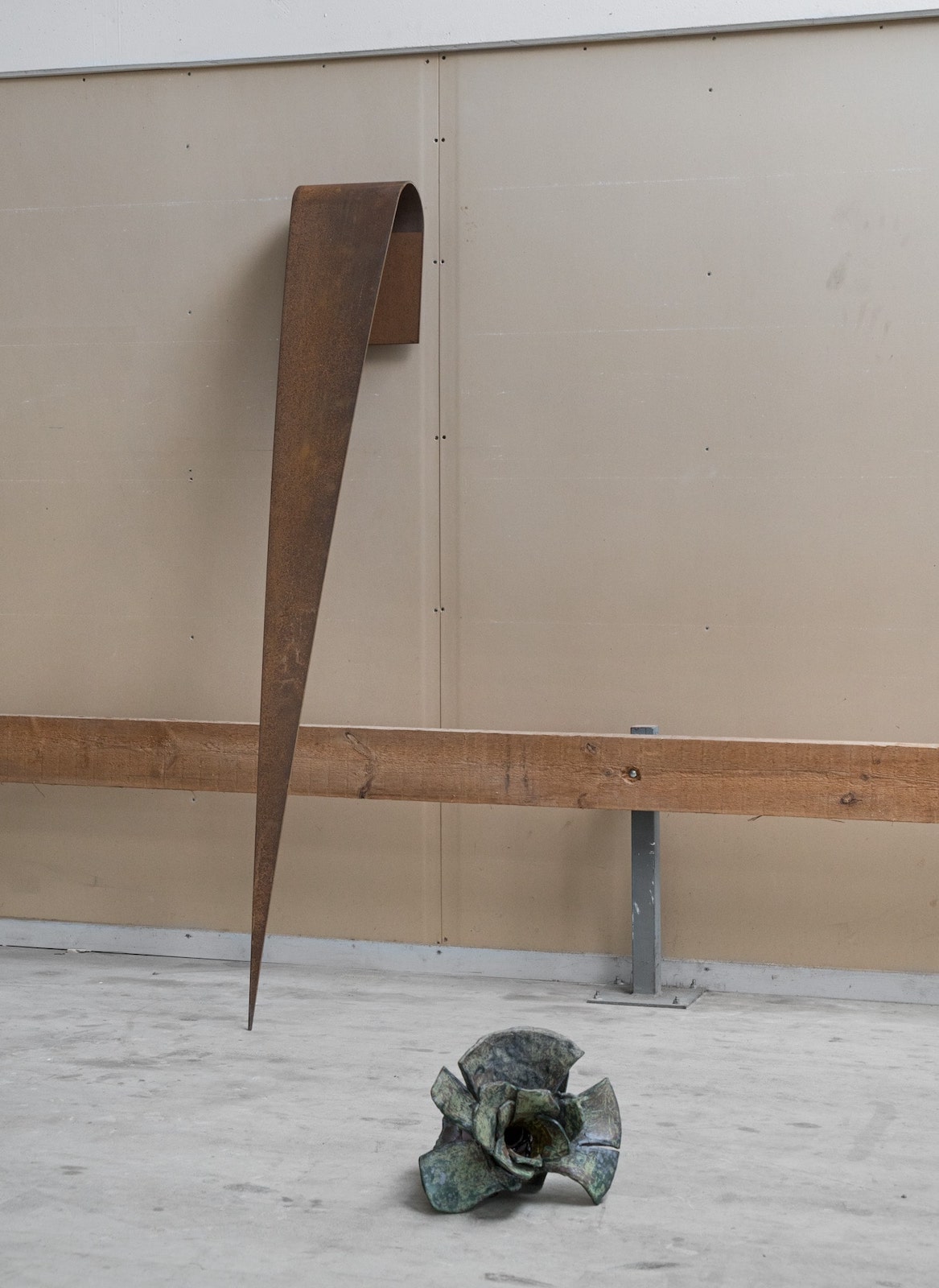
Amuse-boucheProject type

Broche 1, 2Project type
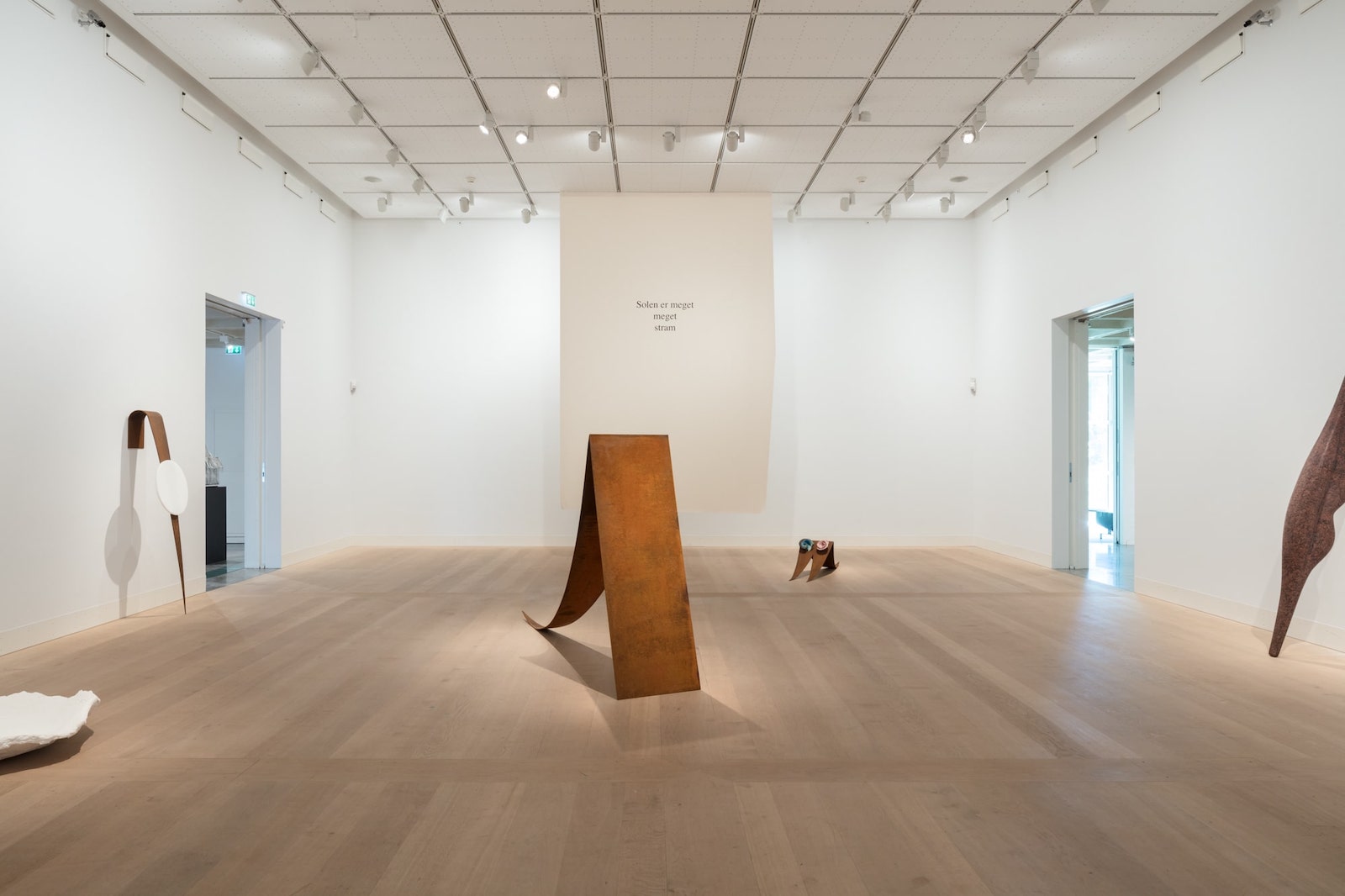
Stille stykke. Lille mund.Project type

Hest, kriger, kvalmeProject type
